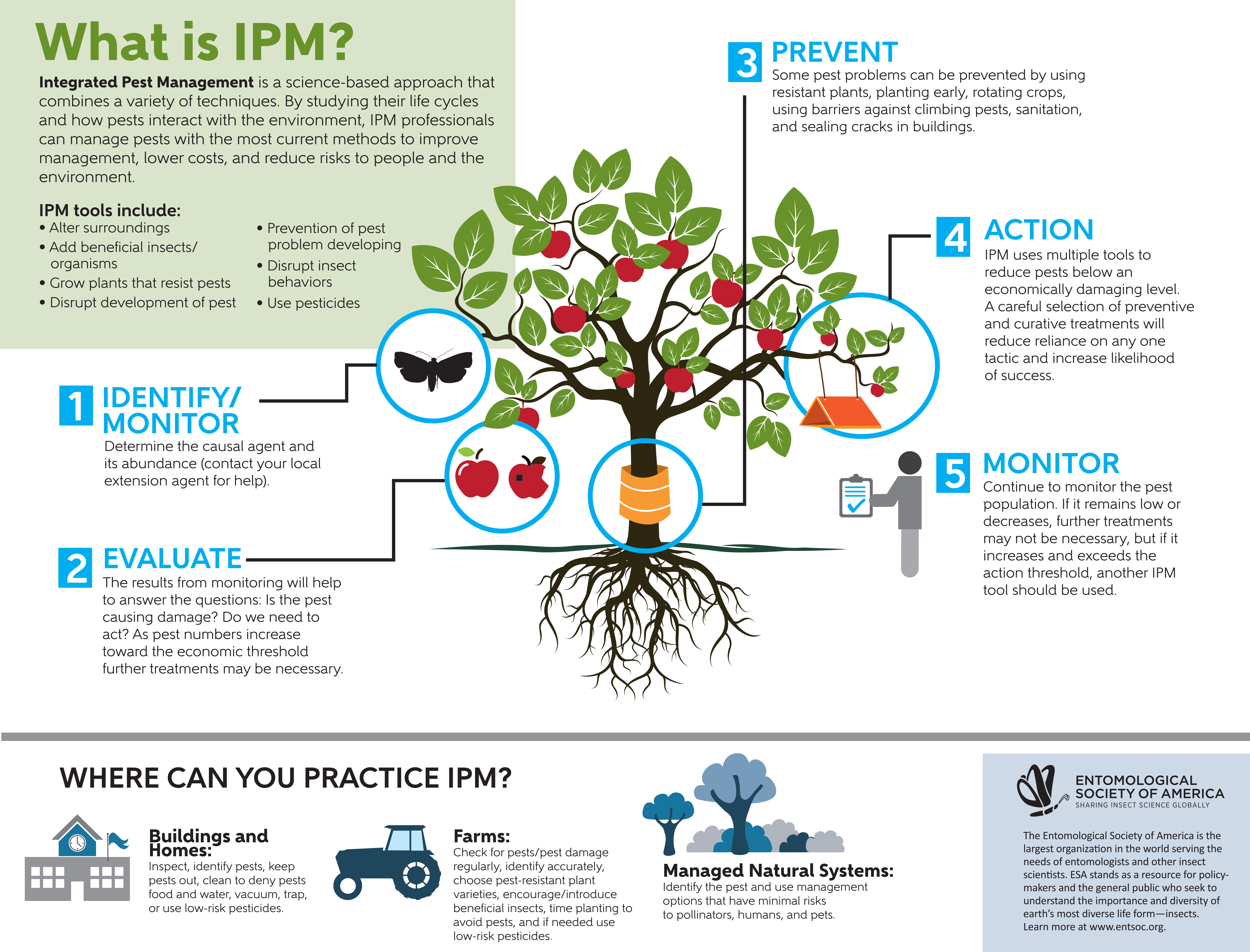Recognizing The Habits Of Rats: A Guide To Rat Control
Recognizing The Habits Of Rats: A Guide To Rat Control
Blog Article
Material Author-Bang Vendelbo
Have you ever before wondered why rats appear to be so elusive and tough to regulate? Comprehending the actions of rats is crucial to properly handling their populations.
By getting insight into their interaction patterns, feeding behaviors, and nesting and reproducing behavior, you can develop approaches that will aid you maintain these pesky rodents at bay.
So, allow's check out the interesting world of rat behavior and uncover exactly how this expertise can encourage you in the battle versus these undesirable house visitors.
Communication Patterns
To comprehend rat behavior, it's important to examine their communication patterns. Rats are highly social animals and rely upon communication to survive and prosper in their setting. They make use of numerous types of interaction to share info to other rats in their team.
One vital element of rat interaction is their articulations. Rats generate a vast array of audios, consisting of squeaks, chirps, and chattering, which offer different functions. These vocalizations can express fear, aggression, and even satisfaction.
Along with exterminator for mice in walls , rats also connect via body movement. They use their tails, ears, and positions to communicate messages to various other rats. As an example, an upright and puffed-up pose might suggest dominance, while a flattened posture may suggest submission.
Feeding Habits
Rats' interaction patterns supply understanding right into their feeding routines. Understanding how rats feed can assist us much better regulate their populations. Here are 5 key points regarding their feeding practices:
- ** Omnivorous diet: ** Rats are opportunistic eaters and will certainly consume nearly anything they come across. From grains and fruits to meat and even trash, their diet is extremely diverse.
- ** Hoarding actions: ** Rats have an all-natural reaction to hoard food. They'll collect and keep excess food in surprise areas for later consumption, making it testing to find and eliminate their food resources.
- ** Nighttime feeding: ** Rats are primarily nighttime animals, suggesting they're most energetic during the night. They prefer to feed under the cover of darkness when they really feel safer and much less most likely to encounter killers.
- ** Water dependency: ** Rats need a consistent resource of water to make it through. They'll often choose water resources near their feeding areas, such as leaking pipes or open containers, to please their hydration needs.
- ** Feeding on behavior: ** Rats are extremely experienced scavengers, which permits them to grow in city settings. They'll search for food in waste bins, dumpsters, and other locations where human waste exists.
Nesting and Breeding Behavior
Nesting and reproducing actions in rats includes the creation of elaborate burrows and the establishment of ordered social structures.
Rats are understood for their capacity to dig intricate systems of passages, which act as their nests. These burrows give sanctuary, security, and a refuge for breeding. The nesting habits of rats is driven by their reaction to locate a safe and secure and comfy area for raising their young.
Within these burrows, rats establish a hierarchical social structure, with dominant people occupying greater positions. more info identifies accessibility to sources such as food and companions.
Reproducing behavior in rats is characterized by territoriality, with men contending for the chance to mate with females.
Comprehending the nesting and breeding habits of rats is important for effective rat control methods.
Final thought
So, currently you have a much better understanding of the intricate globe of rat behavior. These smart creatures have special communication patterns and show remarkable feeding habits.
Their nesting and breeding behavior, while respected, can be a delicate topic. By gaining insight into their habits, we can approach rat control with more compassion and efficiency.
Bear in mind, attending to the existence of these clever rats calls for a nuanced strategy that values their all-natural instincts.
